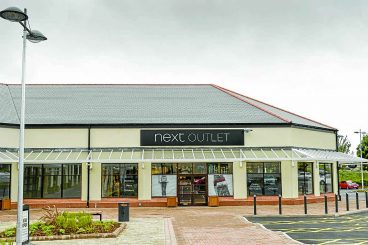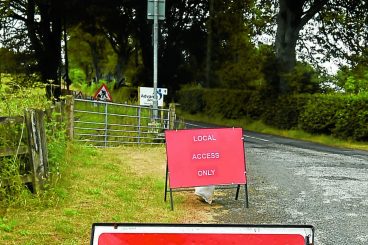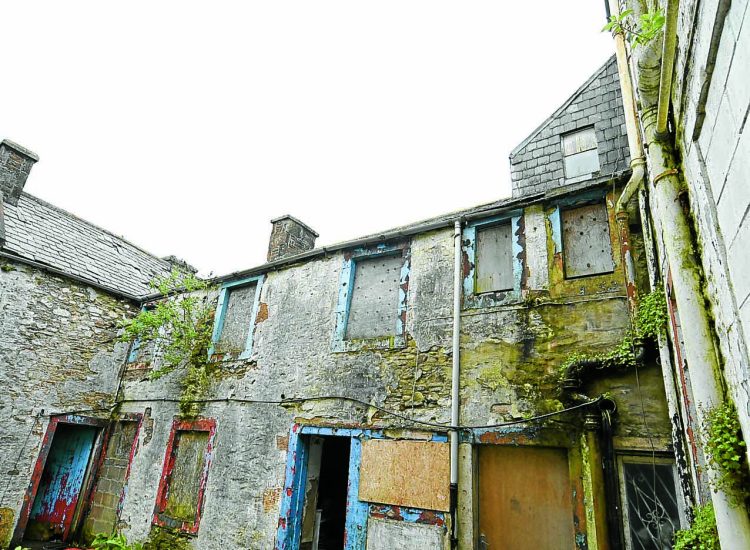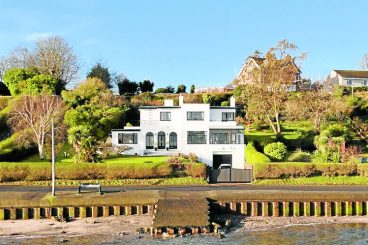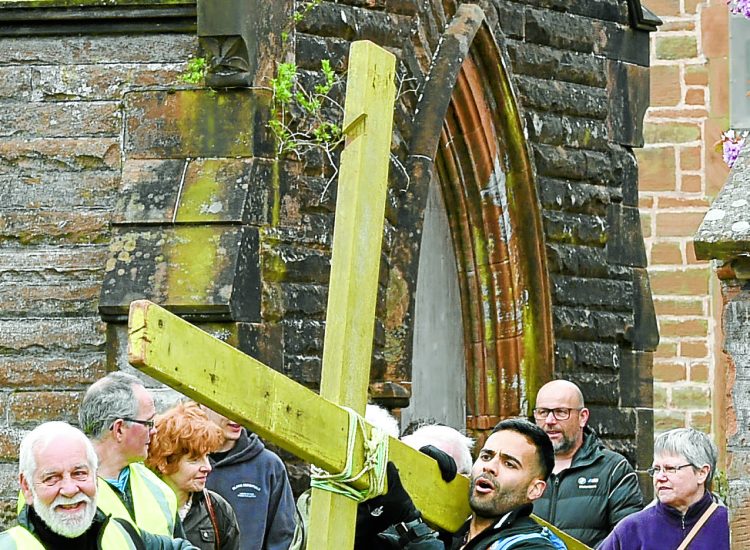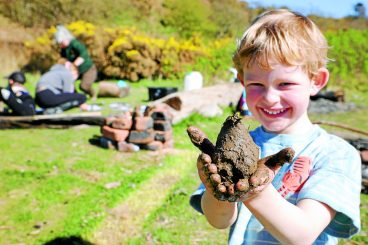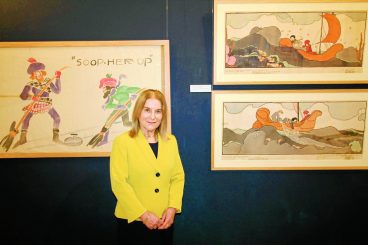A PIONEERING partnership project exploring whole-farm planning for business and environmental sustainability has been completed.
And its findings are now being shared so that everyone can benefit.
It was run by the Galloway and Southern Ayrshire UNESCO Biosphere Partnership (GSABP) and Scotland’s Rural College (SRUC) with a $25,000 grant from UNESCO.
The 12-month project aimed to develop a holistic methodology for assessing natural capital on farms, trialling auditing techniques in real time and developing an innovative methodology with the potential to be expanded nationwide.
The partners examined six ‘pillars’ of natural capital including biodiversity, carbon capture and soil health, with the team analysing over 100 audit tools to find those best suited to use on farms and estates.
The resulting methodology aims to halt degradation of natural habitats, improve soil health and reduce greenhouse gas emissions while improving the farm business. It equips users to make recommendations based on a holistic view of each farm holding, providing managers with the tools to identify the best possible interventions for their land.
A curriculum in natural capital was also developed and delivered to HNC agriculture students at SRUC’s Barony Campus.
A one day conference took place to mark the conclusion, attended by an international delegation from UNESCO and the abrdn Charitable Foundation, Biosphere Trustees and partner organisations, including NatureScot, the NFUS, Dumfries and Galloway Council and South of Scotland Enterprise. Delegates visited a working farm and some of the region’s most important environmental sites.
Meanwhile, members of GSABP’s land use and biodiversity team went to Venice to present the findings at the Regional Bureau for Science and Culture in Europe.
Biosphere director Ed Forrest said: “This is a critical period for farming locally and globally as we grapple with climate change and economic uncertainty, and developing this methodology addresses the urgent need to evaluate and protect natural capital on Scotland’s farms.
“We are proud to be able to support the optimisation of farming businesses in such a tangible way, and to promote a wider understanding of the exceptional natural capital we have in our UNESCO Biosphere.
“Our thanks to UNESCO and the abrdn Charitable Foundation for enabling us to create a toolkit that is accessible, proven to work, and which has such huge potential as part of agricultural innovation in Galloway and Southern Ayrshire and across Scotland.”







